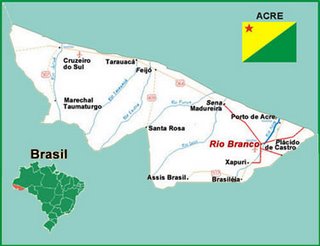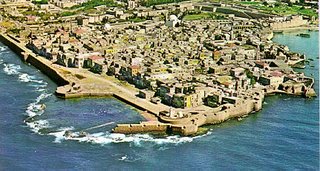I finally found a straightforward definition of an “acre.” Dealing with real property as often as lawyers do, you would think I would have thought to have looked this up before — or at least got it clear in my mind.
 An acre was originally a parcel of a communal field — a unit of measure of the area of a medieval lord’s land that was “given” to a serf for their own use. The unit was an area equal to one furlong in length by one chain in width. That’s not very helpful to the modern thinker until you learn that there are eight furlongs in a mile and that there are ten chains in a furlong. The original measurement was in rods, and there are four rods in a chain. (“Rod” is a funny word.)
An acre was originally a parcel of a communal field — a unit of measure of the area of a medieval lord’s land that was “given” to a serf for their own use. The unit was an area equal to one furlong in length by one chain in width. That’s not very helpful to the modern thinker until you learn that there are eight furlongs in a mile and that there are ten chains in a furlong. The original measurement was in rods, and there are four rods in a chain. (“Rod” is a funny word.)
So the classic acre is 660 feet long and 66 feet wide. That means it is 43,560 square feet of land. A square parcel of land with each side being 208 feet, eight and a half inches long would be almost exactly an acre. There are 640 acres in a square mile. An American “township” is a group of thirty-six square miles, six miles square. If you needed “forty acres and a mule” to survive on the frontier, that meant you needed a square plot of land one-quarter of a mile long on each side.
And a mule.
 Acre is also the name of the westernmost of Brazil, bordering Peru. It consists mainly of virgin tropical rain forests and has two major rivers which carry pure, clean water that eventually flow into the Amazon. It is one of the smallest and least populated states of Brazil.
Acre is also the name of the westernmost of Brazil, bordering Peru. It consists mainly of virgin tropical rain forests and has two major rivers which carry pure, clean water that eventually flow into the Amazon. It is one of the smallest and least populated states of Brazil.
 There was a coastal city and fiefdom named Acre which was of great military importance during the Crusades. The most important battle of the Third Crusade was the Battle of Acre. Today, Acre is located in northern Israel, on the bay of Haifa.
There was a coastal city and fiefdom named Acre which was of great military importance during the Crusades. The most important battle of the Third Crusade was the Battle of Acre. Today, Acre is located in northern Israel, on the bay of Haifa.